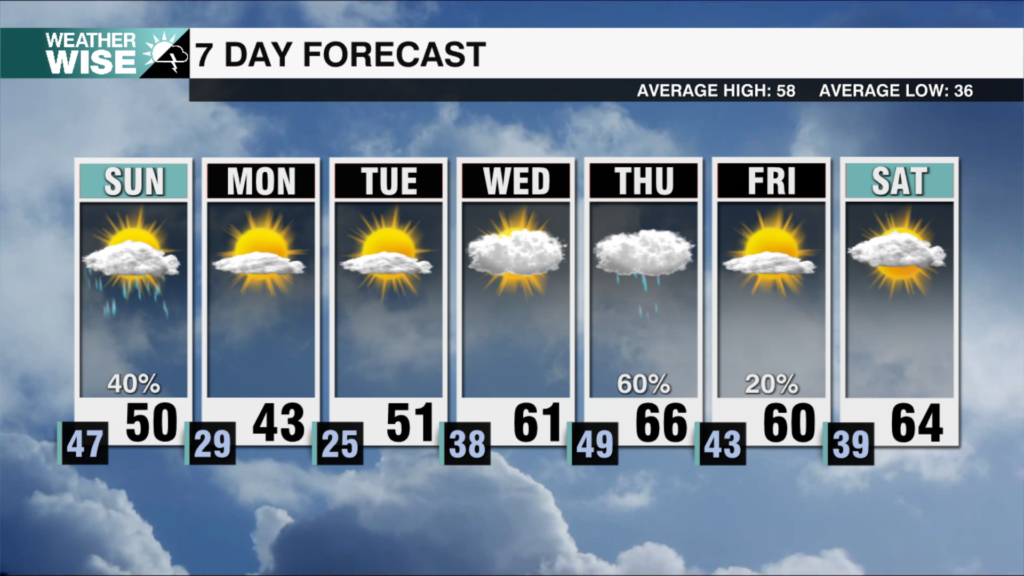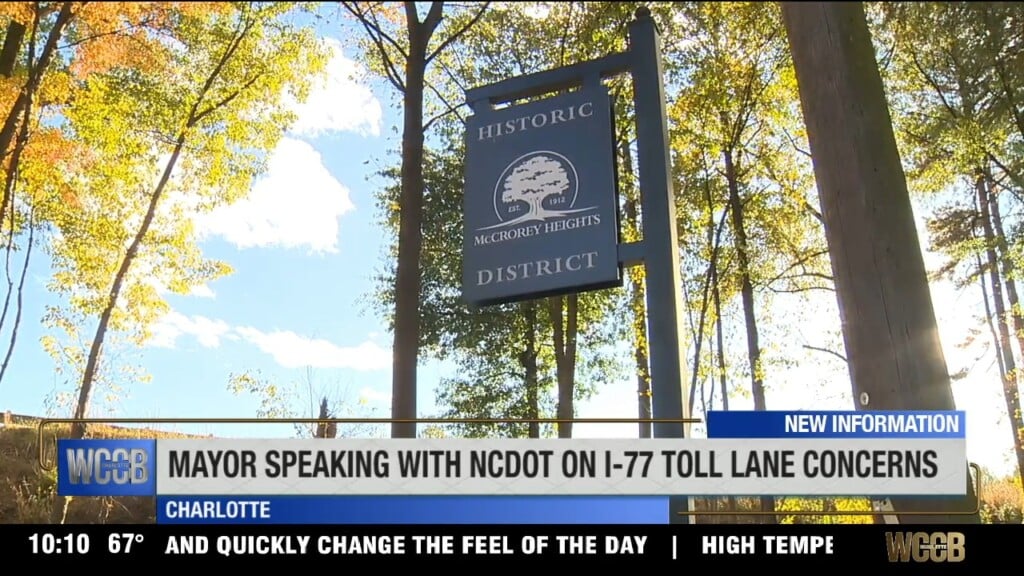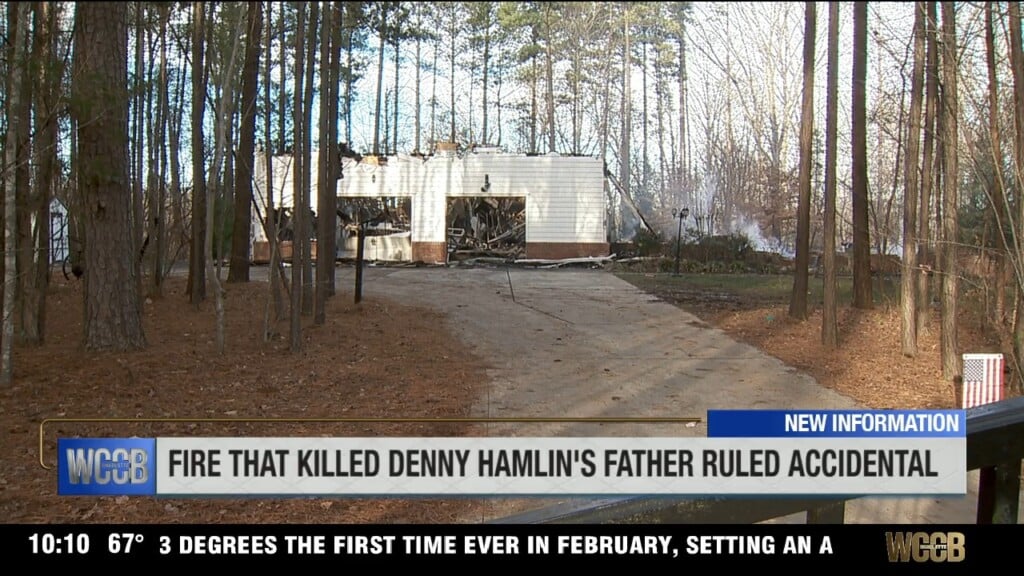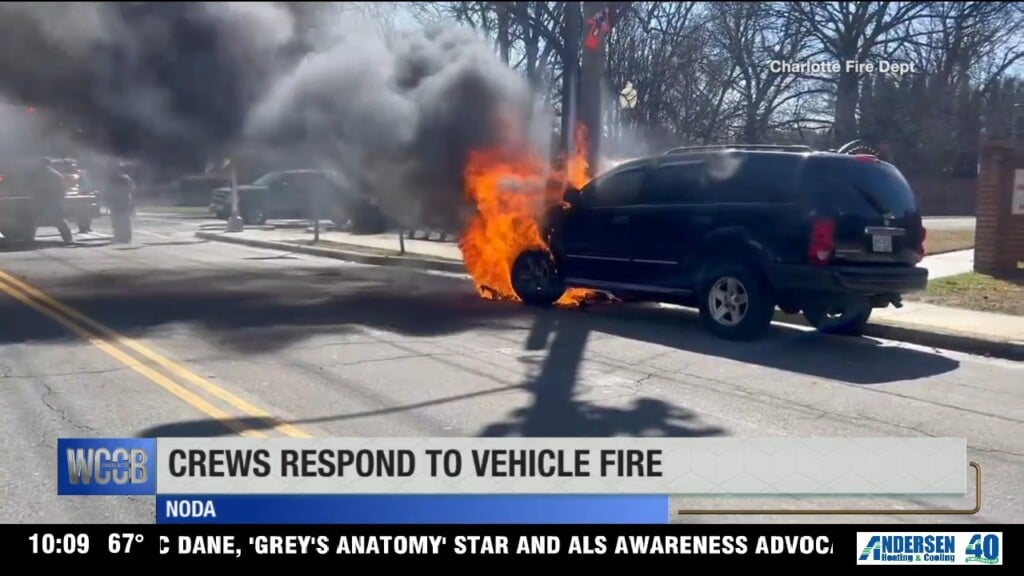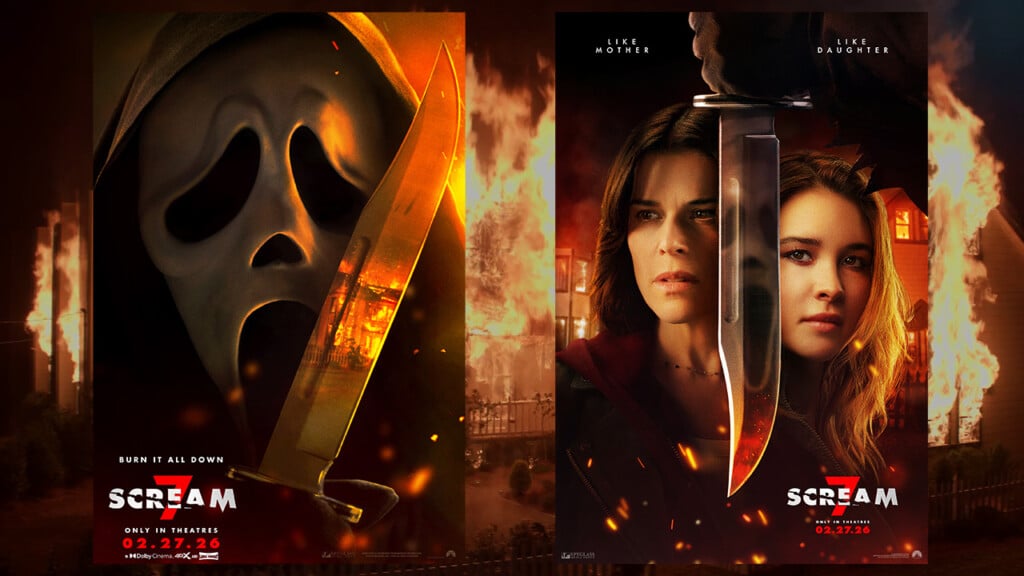NEW YORK (AP) — Bassem Youssef, the Egyptian satirist whose “Daily Show”-like program was canceled after the military seized the once pro-democracy government, watched the suspension of Jimmy Kimmel with an immediate sense of familiarity.
“My Fellow American Citizens,” Youssef wrote on X. “Welcome to my world.”
Youssef’s show skewering public figures led to a criminal investigation in 2013 after complaints that he had insulted then-President Mohammed Morsi. When a military coup followed, pressure on Youssef intensified. He announced that the climate in Egypt was “not suitable for a political satire program.” Youssef fled the country and resettled in the United States.
In all the stunning things about ABC’s swift removal of Kimmel, its longtime late-night host and Oscars-hosting face of the network, perhaps the least surprising was that a comedian was at the center of a battle over free speech.
As long as jokes have been told, comedians have drawn the ire of the powerful. That has often put comedians on the front lines of free-speech battles, from George Carlin violating obscenity laws to a satirical puppet show trying to exist in Vladimir Putin’s Russia. In authoritarian regimes, crackdowns on speech usually make comedy a target.
“Comedy doesn’t change the world, but it’s a bellwether. We’re the banana peel in the coal mine,” Jon Stewart said in 2022 at the Kennedy Center, with Kimmel looking on from the audience. “When a society is under threat, comedians are the ones who get sent away first.”
Kimmel’s indefinite suspension followed comments he made about the Republican response to Charlie Kirk’s killing. Conservatives said Kimmel misrepresented the political beliefs of Tyler Robinson, who is accused of assassinating Kirk.
Federal Communications Commission chairman Brendan Carr responded to Kimmel’s comments with the threat: “We can do this the easy way or the hard way.” After a group of ABC-affiliated stations said they wouldn’t air “Jimmy Kimmel Live!” The Walt Disney Co. pulled the show Wednesday just before air, prompting a firestorm of debate over free speech. Comedians have been among the passionate protesters.
“If you have any concern or belief in real freedom or the Constitution and free speech, this is it,” said the stand-up comedian and podcaster Marc Maron. “This is the deciding moment. This is what authoritarianism looks like right now.”
Late-night hosts current and former rushed to Kimmel’s defense. Jay Leno, the longtime host of “The Tonight Show,” shrugged to reporters Thursday: “It’s a comedian talking.” On Thursday night’s “The Late Show,” Stephen Colbert — whose own show will end in May over what CBS called financial reasons but Colbert has called “a big fat bribe” to Trump — mocked Carr, the FCC chairman, for declaring that programming should represent “community values.”
“Well, you know what my community values are, buster?” Colbert said. “Freedom of speech.”
Punch lines with power
Since before Charlie Chaplin mocked Adolf Hitler in the 1940s film, “The Great Dictator,” comedy has served as one of the most unfiltered expressions of free speech and a reliable metric of a democratic republic’s health. On Wednesday, MSNBC’s Chris Hayes noted: “The countries where comedians can’t mock the leader on late night TV are not really ones you want to live in.”
Outside the U.S., media control has often meant policing comedy. Thin-skinned leaders and autocrats have taken punch lines as genuine threats.
Shortly after Putin became president of Russia in 2000, armed operatives raided the offices of NTV, the network that aired “Kukly,” a satirical puppet show that often lampooned Putin. NTV owner Vladimir Gusinsky was jailed on embezzlement charges and “Kukly” disappeared in 2002.
Zeinab Mousavi, one of the first Iranian women to do stand-up comedy in her country, was charged last month with making statements that were “contrary to public morality.”
In India under Prime Minister Narendra Modi, political comedy has grown increasingly off limits. In March, a performance by the popular comedian Kunal Kamra included a Bollywood song parody that indirectly made apparent reference to a local politician. Government employees ransacked the comedy club.
Kamra pledged to cooperate with police and then added: “But will the law be fairly and equally deployed against those who have decided that vandalism is the appropriate response to being offended by a joke?”
‘A massive shift’
The Kimmel situation isn’t as extreme as those international examples, let alone countries like China and Hungry where curbs on expression have all but extinguished comedy. But it bears similarities. Trump, who has long chafed at late-night hosts’ jokes at his expense, warned broadcasters on Thursday that run negative commentary of him.
“I would think maybe their license should be taken away,” Trump said.
Carr has said Kimmel is just the beginning. “This is a massive shift that’s taking place in the media ecosystem,” he said. “I think the consequences are going to continue to flow.”
For some, a so-called “consequence culture” has replaced “cancel culture.”
Roseanne Barr reacted with irony after Kimmel’s suspension. In 2018, ABC pulled the plug on her sitcom, “Roseanne,” after Barr made a racist barb on Twitter about Valerie Jarrett, a former aide to former President Barack Obama, referring to her as the child of the Muslim Brotherhood and the “Planet of the Apes” movies.
“Yeah imagine an administration putting pressure on a television channel to fire a comedian they didn’t like,” Barr said Wednesday on X.
Conservatives have long railed against so-called “cancel culture” ruining comedy. At the Conservative Political Action Conference in February, Elon Musk lamented: “They wanted to make comedy illegal. You couldn’t make fun of anything so comedy sucked. Legalize comedy!”
Some of those same “anti-woke” comedians, though, have come out in support of Kimmel. Tim Dillon, the comedian and podcaster, wrote on Instagram: “I am against Kimmel being taken off the air and against people being shot for their opinions. See how easy it is?”
Others took a more ironic approach.
The Onion republished an editorial from several years ago. It read: “Today, the path forward could not be clearer. Simply put, we need mass censorship now.”
